

Mental Health Awareness: The Ultimate Guide [2022]

By Siomara Henderson | CONTRIBUTOR |
In this article on mental health awareness, we discuss why it’s important to be aware of the mental health struggles many people have and how you can make a difference today.
Lets Jump right in!
TABLE OF CONTENTS
Mental Health Awareness Month
What is mental illness, mental health awareness statistics, the stigma of mental illness, benefit 1: bring awareness to mental health symptoms, benefit 2: breaks the mental health stigma.
- Benefit 3: Increase Mental Health Funding
Benefit 4: Improves Access to Care
M ental Health Awareness Month brings attention to the widespread issue of mental illness that affects millions of people across America.
Every year, local communities organize events and activities that bring the conversation about mental health into public view.
The origins of Mental Health Awareness Month date back to 1949 when Mental Health America (then known as the National Association for Mental Health ) first organized an observance in May as a way to raise awareness and erase the stigma attached to mental illness.
Mental Health Awareness Month has been observed every year since and remains a time where those who suffer from mental illness can be reminded of the support available to them and feel a little less alone in their struggles.

Check out this mental health awareness calendar .
Mental illness is a term used to describe mental health conditions that impact mood, thinking, and behavior. These disorders may interfere with a person’s ability to relate to others and function on a daily basis.
Common mental illnesses include:
- Mood disorders (depression, bipolar disorder, etc.)
- Psychotic disorders (schizophrenia, schizoaffective disorder, etc.)
- Anxiety disorders (generalized anxiety disorder, post-traumatic stress disorder, phobias, etc.).
Anxiety disorders are the most common form of mental illness affecting an estimated 48 million people in the U.S per year (19.1%), followed by mood disorders (9.7%).
Symptoms vary depending on the type of mental illness one is struggling with. However, some common symptoms associated with many types of mental illness include:
- Loss of appetite
- Social withdrawal
- Emotional numbness
- Inability to concentrate
- Excessive fear and worry
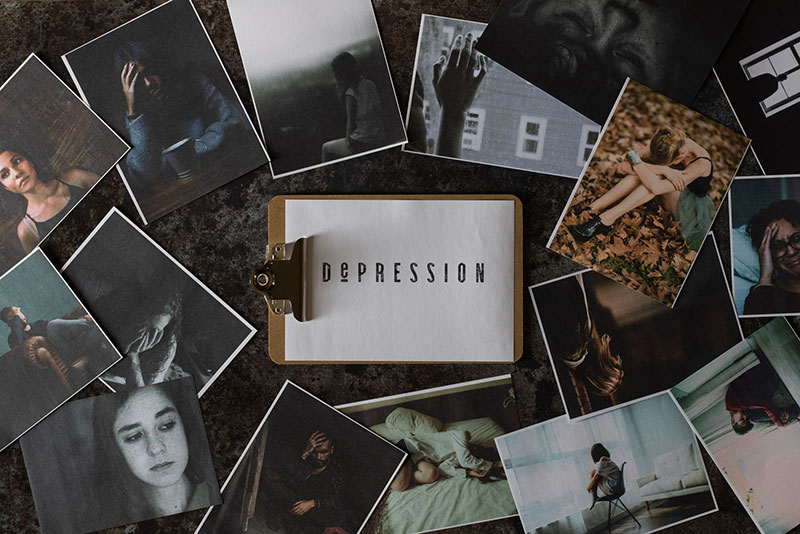
The signs and symptoms of mental illness can often be confused for various other ailments such as stress, fatigue, or even teenage hormones.
Other conditions may also mask a person’s true struggle with mental health such as an eating disorder , addiction , or even physical pain that does not have a clear source ( such as back pain ).
According to recent estimates from Johns Hopkins , one in four US adults ( 26% ) experience mental illness each year , while research from NAMI states that one in twenty live with a serious mental illness such as schizophrenia or bipolar disorder ( 13.1 million ).
Nearly 8 million children and adolescents in the U.S. suffer from a serious mental illness.
In fact, 90% of Americans who die by suicide ( the second leading cause of death among persons aged 10 to 34 ) have experienced symptoms of a treatable mental health condition such as depression, anxiety disorders or other forms of serious mental illnesses.
Researchers also estimate that half of all chronic mental illness begins by age 14 , and 75% by age 24 .
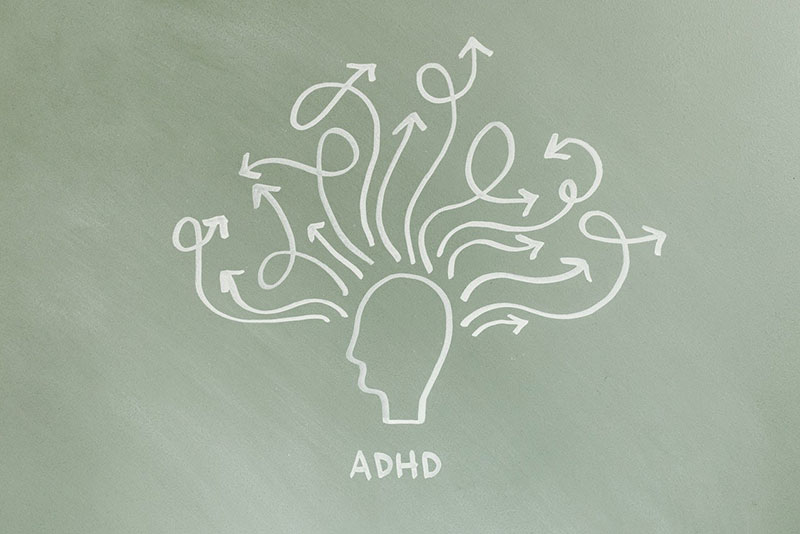
Yet despite these statistics, nearly 50% of people suffering from mental illnesses do not seek treatment . In fact, on average, it takes 11 years for someone to seek help after first experiencing symptoms of a mental disorder.
This is attributed to the stigma associated with mental illness as well as underfunding for mental health care providers.
Many struggle in silence without receiving the necessary support needed to manage their condition while others may not even realize they have an illness and continue to suffer despite its devastating effects on their lives.
Stigma is defined as “a mark of disgrace associated with a particular circumstance, quality, or person.”
The stigma surrounding mental health disorders leads to many people hiding their struggles and avoiding getting the help they need.
According to the American Psychological Association, more than a third of Americans feel uncomfortable interacting with someone who has a mental illness ( 39% would view someone differently if they knew of their mental illness, 33% agreed with the statement “people with mental health disorders scare me” ).
Research shows that those struggling experience discrimination in all aspects of society including at work and when trying to obtain housing due to stereotypes about violence and incompetence .

Americans have been negatively portrayed in the media as dangerous, violent, unable to control themselves , and mental illness as untreatable or unrecoverable conditions.
In reality, those with mental illness are more likely to be the victims of violence rather than the perpetrators ( 10 times more likely than the general population ) and more than 80 percent of people who receive treatment for mental illness report significant improvement in their symptoms.
Those with a mental illness are further stigmatized by health insurance companies that refuse service or charge significantly more money for those seeking treatment for mental health disorders compared to those with physical illnesses.
Although the stigma surrounding mental health disorders has been declining over the past few decades, research shows that 56 percent of Americans would feel uncomfortable telling their friends or family if they were suffering from a mental illness. This fear is associated with the belief that people will negatively judge them for their struggles and view it as a sign of weakness.
Stigma remains one of the biggest barriers preventing people from seeking treatment or ending their silence about their condition.

Awareness is key in breaking this barrier by educating the public about common misconceptions and promoting acceptance of those who suffer from these conditions.
To learn more about the common misconceptions of mental illness check out the video Mental Health Myths .
How Can Mental Health Awareness Help?
Mental health awareness initiatives help those who are suffering to understand how the symptoms of mental health disorders manifest . This allows individuals to seek treatment BEFORE their condition worsens and prevents significant disruptions to their social or work life.
When individuals recognize their symptoms and seek help early, they are more likely to:
- Recover completely
- Experience fewer complications
- And live longer.
In fact, early treatment can often prevent tragic results such as alcohol abuse and suicide .
In addition, the more the general population knows about mental illness and its symptoms, the easier it is for them to identify people who may be struggling and get them the necessary care.
Educate yourself about mental health : Having better knowledge about common disorders will help you understand where others are coming from and how to interact with them in a compassionate, helpful manner.

Mental health awareness initiatives aim at raising public knowledge of mental health disorders, reducing stigma and fostering positive attitudes towards seeking help.
Mental health awareness helps people understand that mental illness is NOT a character flaw but rather an illness like any other.
Research shows that when people have better knowledge about different types of mental illness, they are significantly less likely to hold discriminatory views towards those suffering from mental illnesses.
Having better knowledge about common disorders will further reduce discriminatory practices, create greater acceptance across communities and lead to people who suffer from mental illness feeling comfortable sharing their stories.
Help Break the Stigma: Insist on destigmatizing this issue in society through your everyday interactions with your friends, family members, colleagues at work and even strangers around you.
Benefit 3: Increases Mental Health Funding
Mental health awareness initiatives help to focus attention on the critical need for greater funding so that mental illness can be treated just as effectively as physical illness.
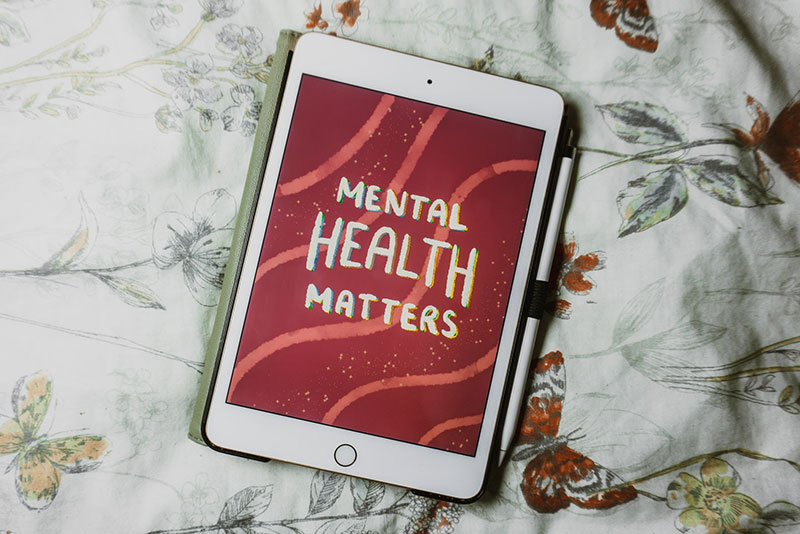
Increasing funding for mental health care so that patients can access affordable and accessible treatment is essential in ensuring all Americans have access to the support they need.
Increased research and funding is also essential in finding improved treatments for all mental illnesses, including the common forms of depression, anxiety and bipolar disorder.
In addition, research shows that communities and states that invest in mental health services experience a return on their investment by:
- Reducing costs associated with imprisonment for those suffering from psychiatric illness ( 37% of adults and 70.4% of youth )
- Reducing hospital visits due to severe psychiatric conditions ( with mood disorders being the most common cause of hospitalization for people under age 45 )
- Reducing emergency room visits related to mental illness and substance abuse ( 1 out of every 8 visits ).
- And mitigating the $193.2 billion of missed income each year from those suffering from serious mental disorders.
Take Action: Get engaged by donating to mental health awareness initiatives and participating in fundraisers and events. By joining in initiatives to raise awareness about this issue, you could be helping to save a life! You can donate to the Mental Health Foundation here

When communities and states invest in mental health services, they ensure that the necessary treatment is available for those who need it. If enough people seek help, the mental health services may have to expand to meet the needs of individuals.
For example, the prevalence of common forms of mental illnesses among children and adolescents make youth one of the most important audiences for mental health programs.
This makes school settings a great place to provide education about mental health disorders as well as raise awareness about common warning signs so those struggling can seek help before their condition worsens.
Spreading awareness enables schools to identify children who need help and get them the mental health care they need.
In addition, schools can incorporate programs that promote positive mental health in students. This will enable them to build good coping strategies and resilience that they can use throughout their lives to deal with stress and other factors that may trigger a psychiatric episode.
Become an advocate: Share this information with your community, friends and family members to help create more awareness surrounding mental health issues.
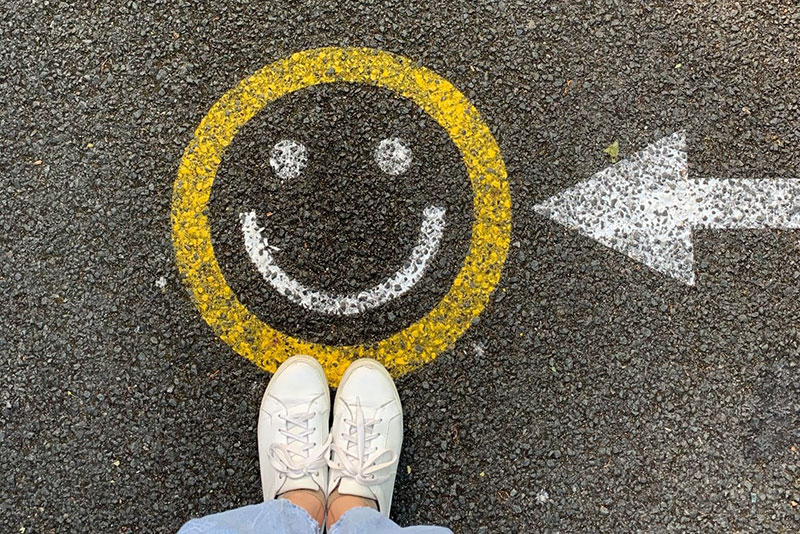
That brings us to the end of this article on mental health awareness.
Which mental health awareness fact did you find most helpful?
Consider sharing this post on your social media and with your friends to keep the conversation going.
Subscribe to get notifications about future articles.

Siomara Henderson, MFT, is the cofounder of Clickmill.co , a digital marketing agency for nonprofits. With a master’s in marriage and family therapy, she writes information-rich content for numerous New York based therapy firms, and The Mental Health Foundation. She is also the coauthor and editor of Decoding A Man’s Body Language and The Digital Ministry , and mental health and life coach to many women who are actively seeking personal growth.
In her spare time, Siomara works with women and children facing situational homelessness. She is passionate about helping others discover how great life can be when they learn to invest in their mental health. Siomara and her husband Brett live in Honolulu, Hawaii.
About Mental Health
- Mental Health Basics
- Types of Mental Illness
What is mental health?
Mental health includes our emotional, psychological, and social well-being. It affects how we think, feel, and act. It also helps determine how we handle stress, relate to others, and make healthy choices. 1 Mental health is important at every stage of life, from childhood and adolescence through adulthood.
Why is mental health important for overall health?
Mental and physical health are equally important components of overall health. For example, depression increases the risk for many types of physical health problems, particularly long-lasting conditions like diabetes , heart disease , and stroke. Similarly, the presence of chronic conditions can increase the risk for mental illness. 2
Can your mental health change over time?
Yes, it’s important to remember that a person’s mental health can change over time, depending on many factors. When the demands placed on a person exceed their resources and coping abilities, their mental health could be impacted. For example, if someone is working long hours, caring for a relative, or experiencing economic hardship, they may experience poor mental health.
How common are mental illnesses?
Mental illnesses are among the most common health conditions in the United States.
- More than 1 in 5 US adults live with a mental illness.
- Over 1 in 5 youth (ages 13-18) either currently or at some point during their life, have had a seriously debilitating mental illness. 5
- About 1 in 25 U.S. adults lives with a serious mental illness, such as schizophrenia, bipolar disorder, or major depression. 6
What causes mental illness?
There is no single cause for mental illness. A number of factors can contribute to risk for mental illness, such as
- Adverse Childhood Experiences , such as trauma or a history of abuse (for example, child abuse, sexual assault, witnessing violence, etc.)
- Experiences related to other ongoing (chronic) medical conditions, such as cancer or diabetes
- Biological factors or chemical imbalances in the brain
- Use of alcohol or drugs
- Having feelings of loneliness or isolation
People can experience different types of mental illnesses or disorders, and they can often occur at the same time. Mental illnesses can occur over a short period of time or be episodic. This means that the mental illness comes and goes with discrete beginnings and ends. Mental illness can also be ongoing or long-lasting.
There are more than 200 types of mental illness. Some of the main types of mental illness and disorders are listed here .
- Strengthening Mental Health Promotion . Fact sheet no. 220. Geneva, Switzerland: World Health Organization.
- Chronic Illness & Mental Health . Bethesda, MD: National Institutes of Health, National Institute of Mental Health. 2015.
- Kessler RC, Angermeyer M, Anthony JC, et al. Lifetime prevalence and age-of-onset distributions of mental disorders in the World Health Organization’s World Mental Health Survey Initiative. World Psychiatry. 2007;6(3):168-176.
- Key substance use and mental health indicators in the United States: Results from the 2015 National Survey on Drug Use and Health. Rockville, MD: Center for Behavioral Health Statistics and Quality. Substance Abuse and Mental Health Services Administration. 2016.
- Merikangas KR, He J, Burstein M, et al. Lifetime Prevalence of Mental Disorders in US Adolescents: Results from the National Comorbidity Study-Adolescent Supplement (NCS-A). Journal of the American Academy of Child and Adolescent Psychiatry. 2010;49(10):980-989. doi:10.1016/j.jaac.2010.05.017.
- Health & Education Statistics . Bethesda, MD: National Institute of Mental Health. National Institutes of Health. 2016.
- Kessler RC, Chiu WT, Demler O, Walters EE. Prevalence, Severity, and Comorbidity of Twelve-month DSM-IV Disorders in the National Comorbidity Survey Replication (NCS-R). Archives of general psychiatry. 2005;62(6):617-627. doi:10.1001/archpsyc.62.6.617.Substance Abuse and Mental Health Services Administration, Center for Behavioral Health Statistics and Quality. (2016). Key substance use and mental health indicators in the United States: Results from the 2015 National Survey on Drug Use and Health. Rockville, MD.
- Rui P, Hing E, Okeyode T. National Ambulatory Medical Care Survey: 2014 State and National Summary Tables. Atlanta, GA: National Center for Health Statistics. Centers for Disease Control and Prevention. 2014.
- Web-based Injury Statistics Query and Reporting System (WISQARS) . Atlanta, GA: National Center for Injury Prevention and Control. Centers for Disease Control and Prevention. 2015.
- Insel, T.R. Assessing the Economic Costs of Serious Mental Illness. Am J Psychiatry. 2008 Jun;165(6):663-5. doi: 10.1176/appi.ajp.2008.08030366.
- HCUP Facts and Figures: Statistics on Hospital-based Care in the United States, 2009. Rockville, MD: Agency for Healthcare Research and Quality. 2009.
- Reeves, WC et al. CDC Report: Mental Illness Surveillance Among Adults in the United States. MMWR Morb Mortal Wkly Rep 2011;60(03);1-32.
- Parks, J., et al. Morbidity and Mortality in People with Serious Mental Illness. Alexandria, VA: National Association of State Mental Health Program Directors Council. 2006.
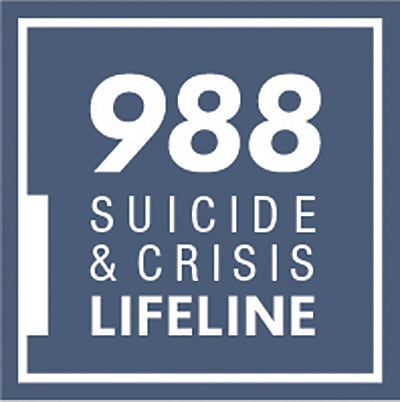
Exit Notification / Disclaimer Policy
- The Centers for Disease Control and Prevention (CDC) cannot attest to the accuracy of a non-federal website.
- Linking to a non-federal website does not constitute an endorsement by CDC or any of its employees of the sponsors or the information and products presented on the website.
- You will be subject to the destination website's privacy policy when you follow the link.
- CDC is not responsible for Section 508 compliance (accessibility) on other federal or private website.

Want to create or adapt books like this? Learn more about how Pressbooks supports open publishing practices.
1. Opening the Session
This section describes how to open the session and prepare participants to engage with the material. It includes:
- Welcome and territory acknowledgement
- Goals and objectives
- Practical information
- Support and self-care for participants
- Group guidelines
These slides are available for use with this section of the presentation. For information about downloading the slide deck, see the Introduction .
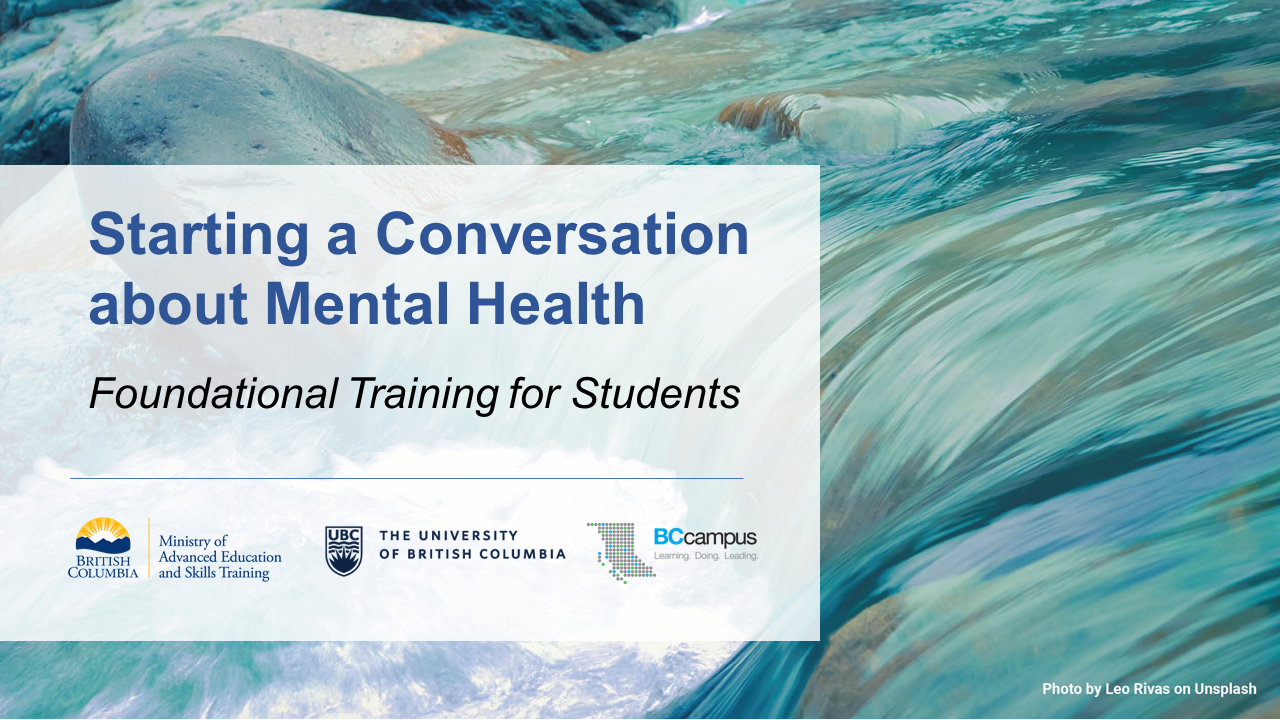
Welcome participants and open with a territory acknowledgement. If you’re unsure of your territory, Native-Land.ca is a helpful resource.
Territory Acknowledgement and Indigenous Ways of Knowing and Being
A meaningful territory acknowledgement allows us to develop a closer and deeper relationship with not only the land but also the traditional stewards and peoples whose territories we reside, work, live, and prosper in.
Acknowledging the territory within the context of mental health and well-being can open a person’s perspective on traditional ways of knowing and being, stepping out of an organizational structure and allowing participants to delve into their own perceptions, needs, and abilities.
Territory acknowledgements are designed as the very first step toward reconciliation. What we do with the knowledge of whose traditional lands we are on is the next important step.
Some questions to consider as you acknowledge your territory:
- What do we do as good guests here?
- What can I do in my personal and professional roles to contribute to reconciliation?
Should your institution have an approved territory acknowledgement, please use that to open the session; however, we invite you to consider how to make that institutional statement more personal and specific to you, in that moment and in the work you are about to delve into with your participants.
Opening Check In
After the welcome, introduce yourself. You could then ask participants to very briefly introduce themselves, or you may want to start the session with a short participant check in as a way to invite people into a learning space. You could ask participants to share their name, what they study, and what they are hoping to get out of the session. If you’re offering the session online, you could also do an online poll that asks people to choose the type of weather that matches how they are feeling. There are many different ways to have participants check in with themselves and the group, and we invite you to use questions and reflections that are meaningful to you and the group.
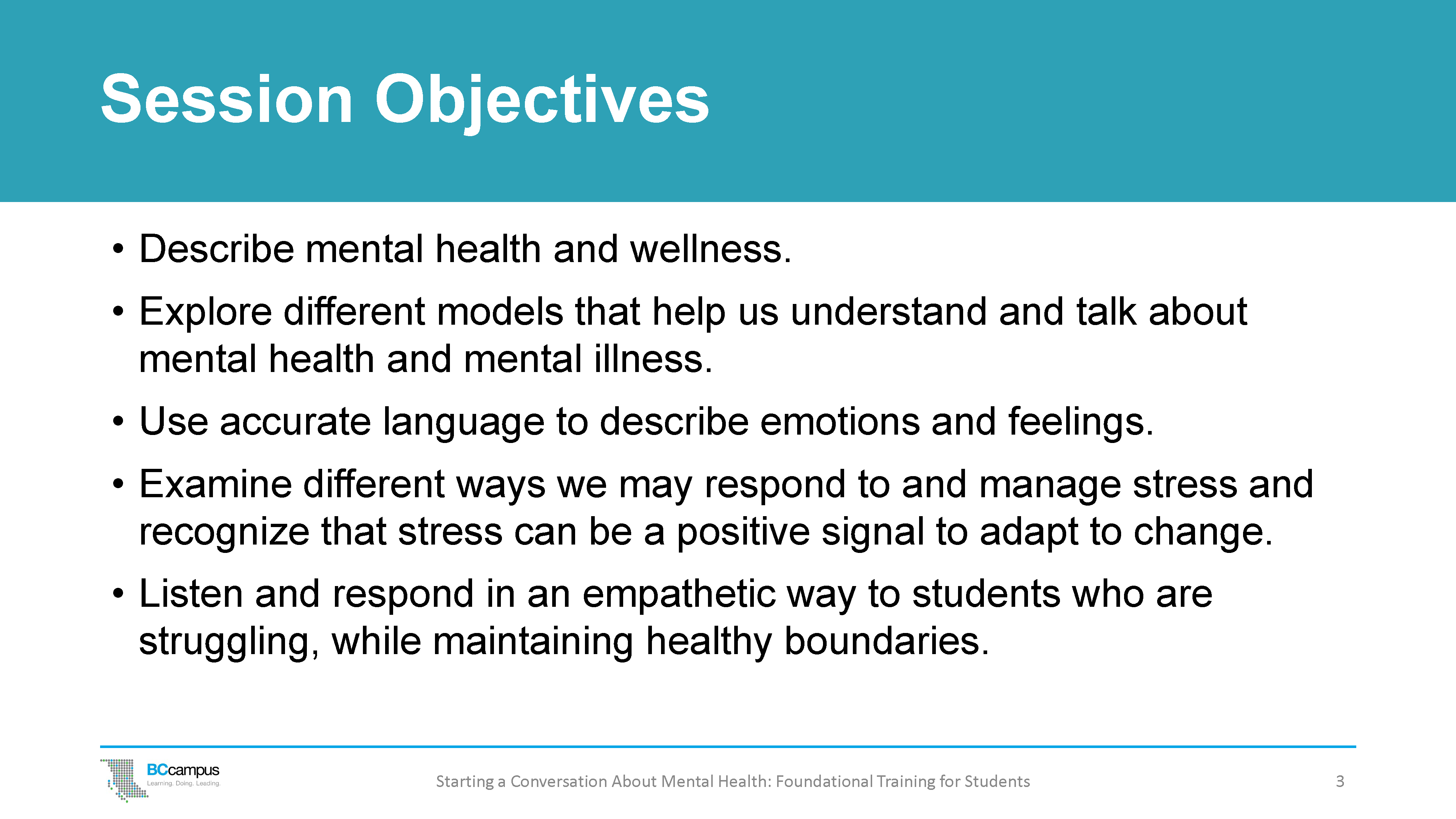
Goals and Objectives
The overall goal of this session is to help you develop the knowledge and skills to maintain good mental health, cope with stress, and support other students who are struggling with stress and mental health.
After participating in the session, you will be able to:
- Describe mental health and wellness.
- Explore different models and frameworks that help us understand and talk about mental health and mental illness.
- Use accurate language to describe emotions and feelings.
- Examine different ways we may respond to and manage stress and recognize that stress can be a positive signal to adapt to change.
- Listen and respond in an empathetic way to other students who are struggling, while maintaining healthy boundaries.
This session offers foundational information on mental health, as well as opportunities to practise listening and supporting other students in an empathetic way.
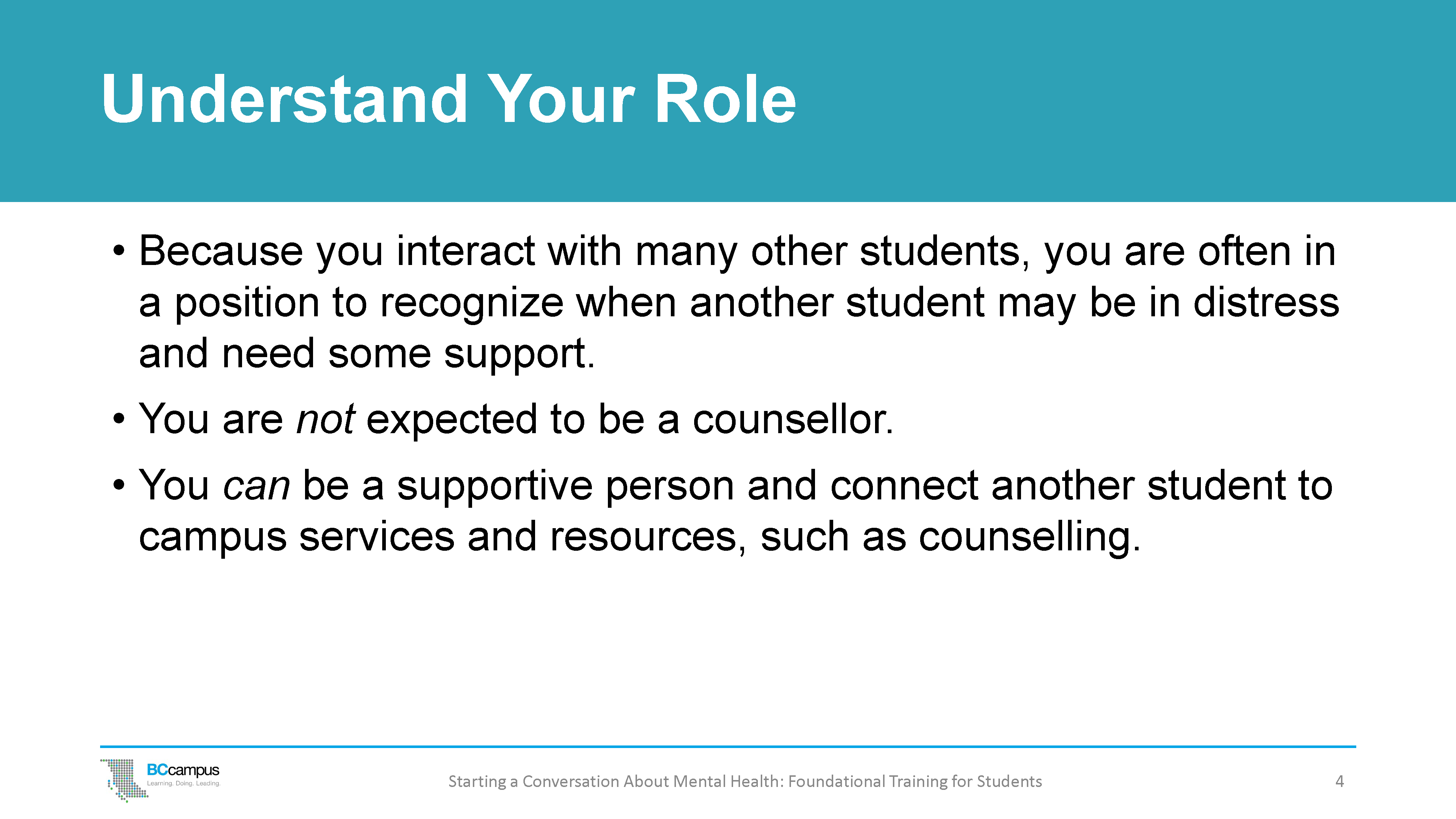
It is important to remember that you are not a counsellor or mental health professional. Nobody expects you to act as a counsellor, and you cannot, and should not, diagnose mental illness, nor should you provide mental health care. However, you can be an important component of the caring community of people who can surround and support another student in need.
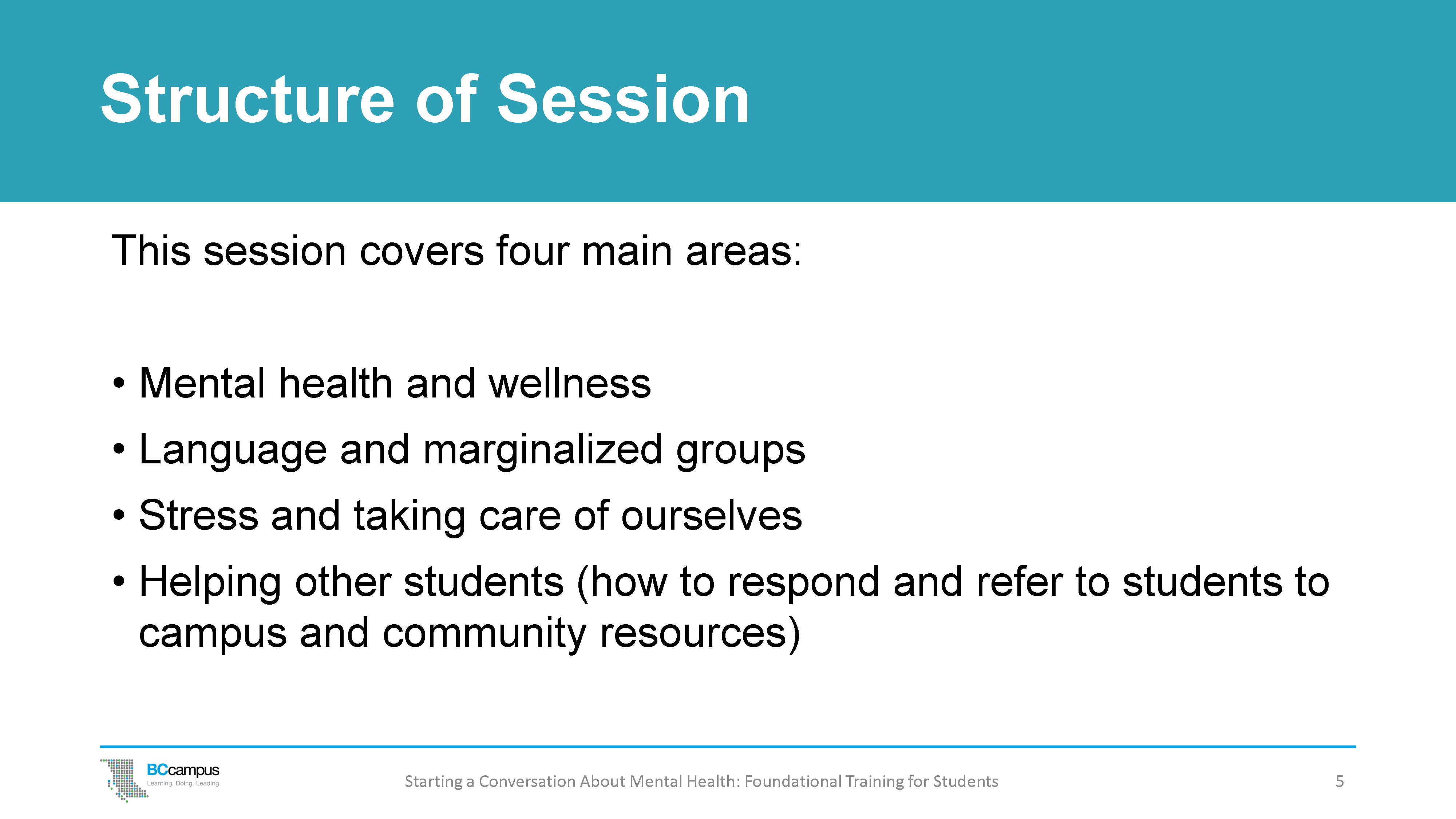
Structure of the Session
The session covers four main areas:
- Mental health and wellness
- Language and marginalized groups
- Stress and taking care of ourselves
- Helping other students (how to respond and refer to students to campus and community resources)
This is foundational training in mental health. It doesn’t cover suicide awareness, which requires more in-depth training. However, we do cover what to do in an emergency.
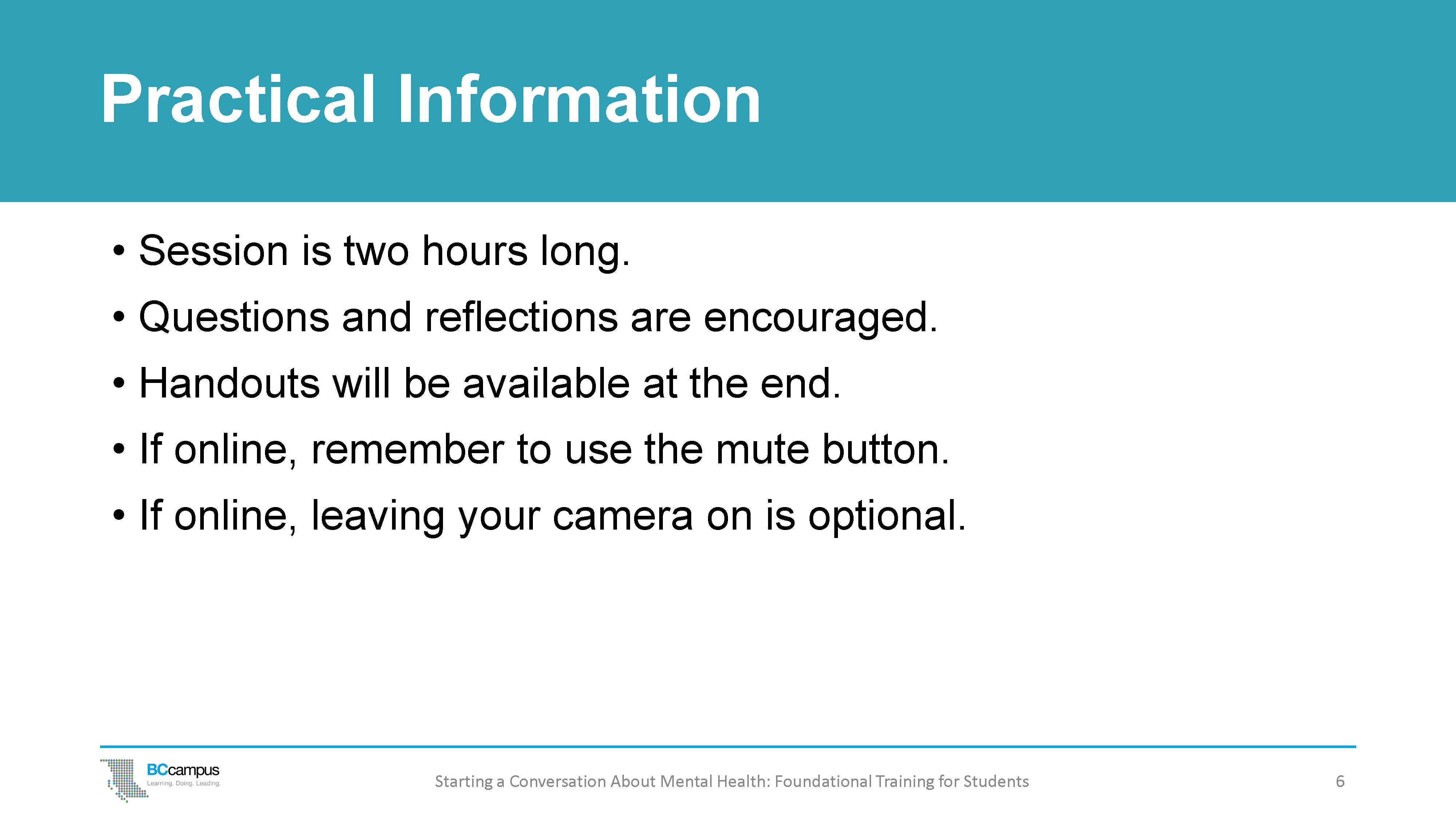
Practical Information
As you engage with the content of the session, reflect on how it might apply to situations you have experienced yourself or with your peers.
You are encouraged to:
- Provide feedback and share your input during the discussions, as this will increase the learning opportunities
- Jot down notes during reflection activities
- Ask any questions you might have during the session
After the session, you will have access to printable (PDF) handouts.
If you are facilitating this session online, remind participants that they can turn off their cameras and move around the room during the session. Ask them to be mindful of using the mute button to reduce noise in the online space.
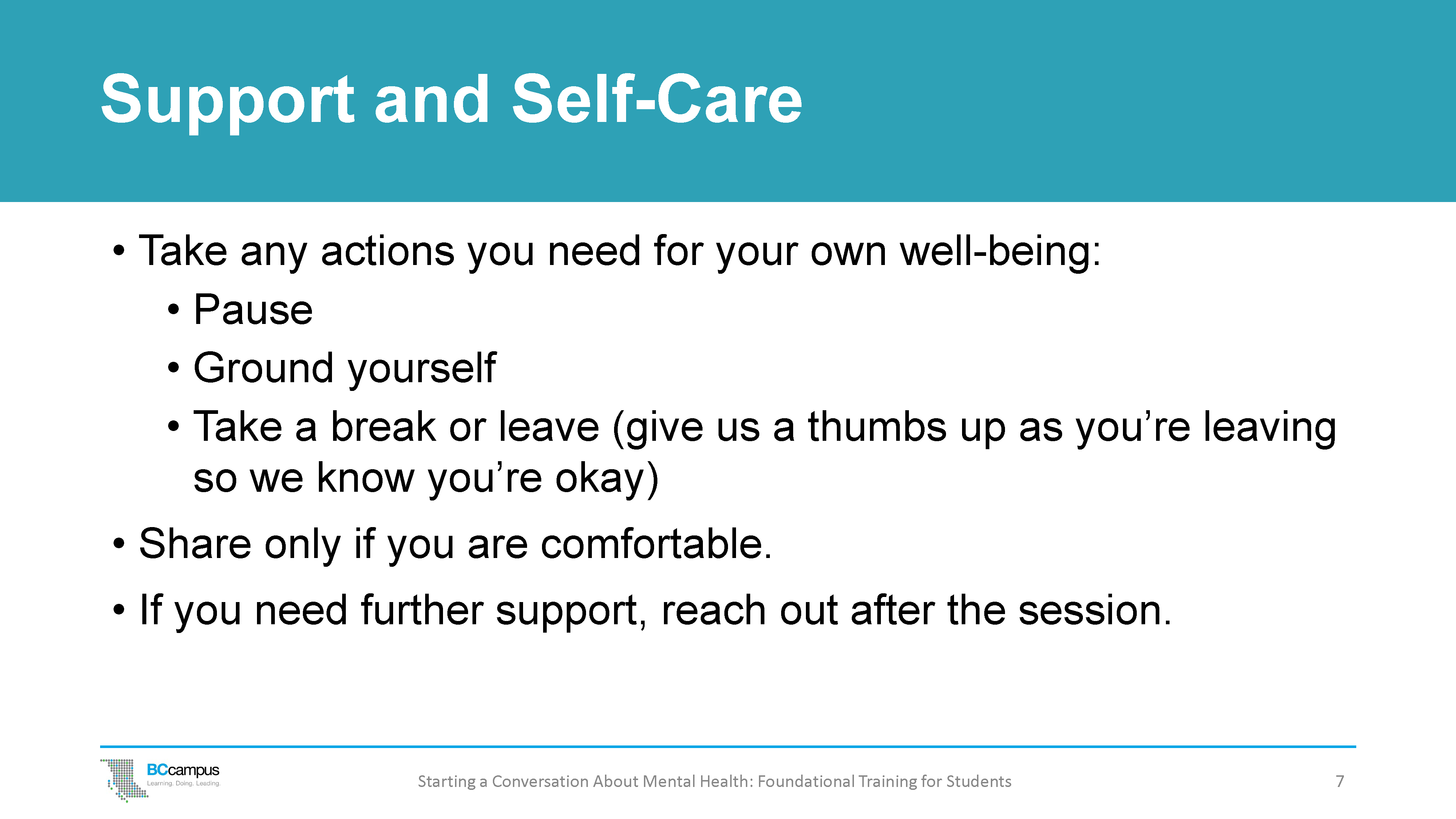
Support and Self-Care for Participants
You are invited to do whatever you need to do to take care of yourself throughout the session.
This may be a difficult topic for some of you. Everyone will have been touched in some way by the topics that will be discussed in the session. Feel free to pause, take a break, stretch, and ground yourself at any time.
You can share at the level that you feel comfortable with. If anything comes up in the session that feels too important or difficult to handle on your own, don’t hesitate to reach out to the appropriate services, such as counselling services, to debrief or discuss it further. If you prefer not to share, that’s okay.
If you need to leave, that’s okay too.
For in-person sessions, you could suggest that if a participant does need to leave a session that they give a thumbs-up as they go to let you know they’re okay. Tell everyone that if you don’t see a thumbs-up, you’ll ask a colleague to look for the participant outside the session to make sure they are alright.
Breathing Exercise
To begin, you could have the group engage in a breathing exercise to set the tone for the session, to give participants a few moments to become aware of their own emotional well-being, and to practise a stress management technique. Note: There is also an opportunity to do a box breathing later in the session in “ What to Do When We’re Stressed ” if you prefer to wait to do this exercise .
We’re going to start with a breathing exercise called box breathing. You can do this if you start to feel overwhelmed at any point in the session. It can help bring your heart rate back to normal, so you feel a little more relaxed. Here’s how how you do it:
- Step 1: Inhale (preferably through your nose) for a count of four.
- Step 2: Hold your breath for a count of four. You’re not trying to deprive yourself of air; you’re just giving the air a few seconds to fill your lungs.
- Step 3: Exhale slowly through your mouth for a count of four.
- Step 4: Pause for a count of four before breathing again.
Box breathing is a simple stress management exercise that can be practised anywhere. You can practise it for only a minute or two and experience the immediate benefits of a calm body and more relaxed mind.
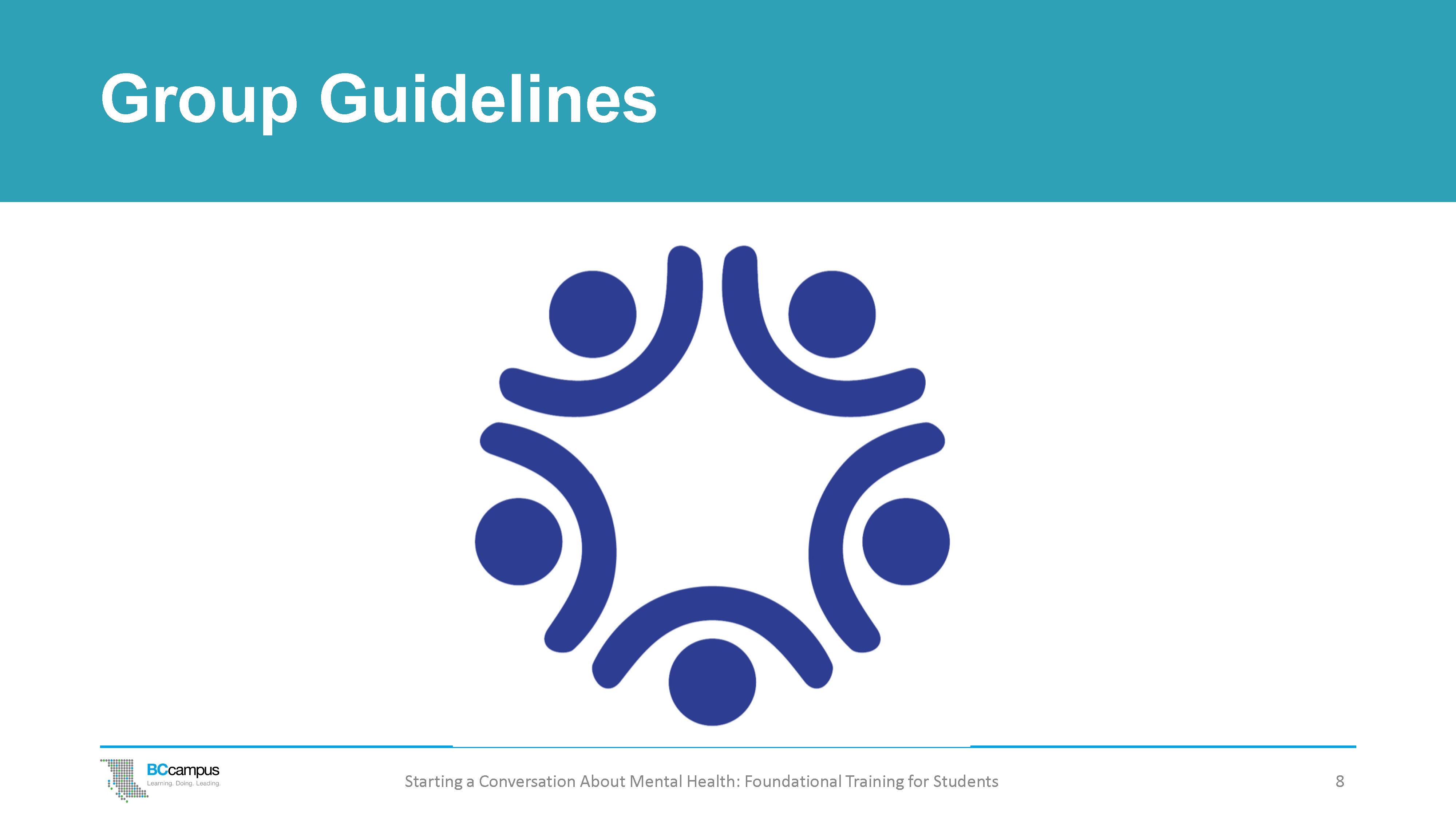
Group Guidelines
It is helpful to set some expectations and boundaries for the discussion. For example:
- This is a learning environment, and not a therapy group.
- What comes up in this room – whether in person or online – stays in the room.
- We expect you to be non-judgmental of each other and show extra sensitivity when engaging in discussion during the session. This session is about gaining a little more comfort and confidence in dealing with this topic.
You could also ask participants to share ideas for group guidelines at the beginning of the session, or you could share a list of guidelines before the session begins to save time during the session. (See Group Guidelines .)
Text Attributions
- “Territory Acknowledgement and Indigenous Ways of Knowing and Being” by Jewell Gillies ( CC BY 4.0 License ). All other text in this section by Barbara Johnston and Liz Warwick ( CC BY 4.0 License ).
Media Attributions
- Clear Blue Running Water at Daytime by Leo Rivas is used under an Unsplash License .
- Lake in Dome Creek, BC by Jakub Fryš is used under a CC BY-SA 4.0 license.
Starting A Conversation About Mental Health: Foundational Training for Students Copyright © 2021 by UBC Student Health and Wellbeing Staff; Jewell Gillies; Barbara Johnston; Liz Warwick; Dagmar Devine; Jenny Guild; Arica Hsu; Hamza Islam; Mehakpreet Kaur; Malena Mokhovikova; Jackson Mackenzie Nicholls; and Calla Smith is licensed under a Creative Commons Attribution 4.0 International License , except where otherwise noted.
Share This Book
- Emergency information
- Increase Font Size
- Decrease Font Size

Introduction to mental health
Mental health is about wellness. It can affect a person’s confidence, self-esteem and overall satisfaction with life. Mental ill health is common and will impact one in five Australians in any year.
Mental health conditions can impact how a person thinks, feels and behaves, as well as their physical health.
- What is mental health?
- What is mental illness?
- What is recovery?
- What impact can mental conditions have?
- What jargon is used in mental health?
Get help now
- Mental Health Line 1800 011 511 Open 24/7
- Emergency 000
- Lifeline 13 11 14
- Kids Helpline 1800 551 800
- Other 24/7 crisis lines
Search our site
- We’re on 0330 335 1234 if you need us.
Mental Health Awareness Talks & Presentations
Mental health awareness in the workplace, now available online.
Here at SkillBase First Aid, alongside our training courses we also deliver talks, presentations and workshops in the workplace.
Topics include:
- General mental health awareness
- Mental health in the workplace
- Stress management
- First aid for depression
- Mindfulness
These can be tailored to your place of work, and involve group activities designed to engage, educate and promote mental health awareness amongst employees – to let all your people meet the challenges of the workplace head on.
Talks and presentations are bespoke to your workplace and vary in timings. Workplaces typically choose a 1-2 hour presentation as an introduction to Mental Health and Wellbeing in the workplace. These bitesize sessions can also be designed to support existing training in the workplace, for example, providing your Mental Health First Aider’s with an upskill in subject areas or providing them with a supportive coaching session to enhance the impact of their first aider role in the workplace.
All our bespoke talks, presentations and group coaching sessions can be delivered live online or at your place of work, with one of our accredited trainers.
Click here to find out about our Fundamental Wellbeing Guide 2-day online course.
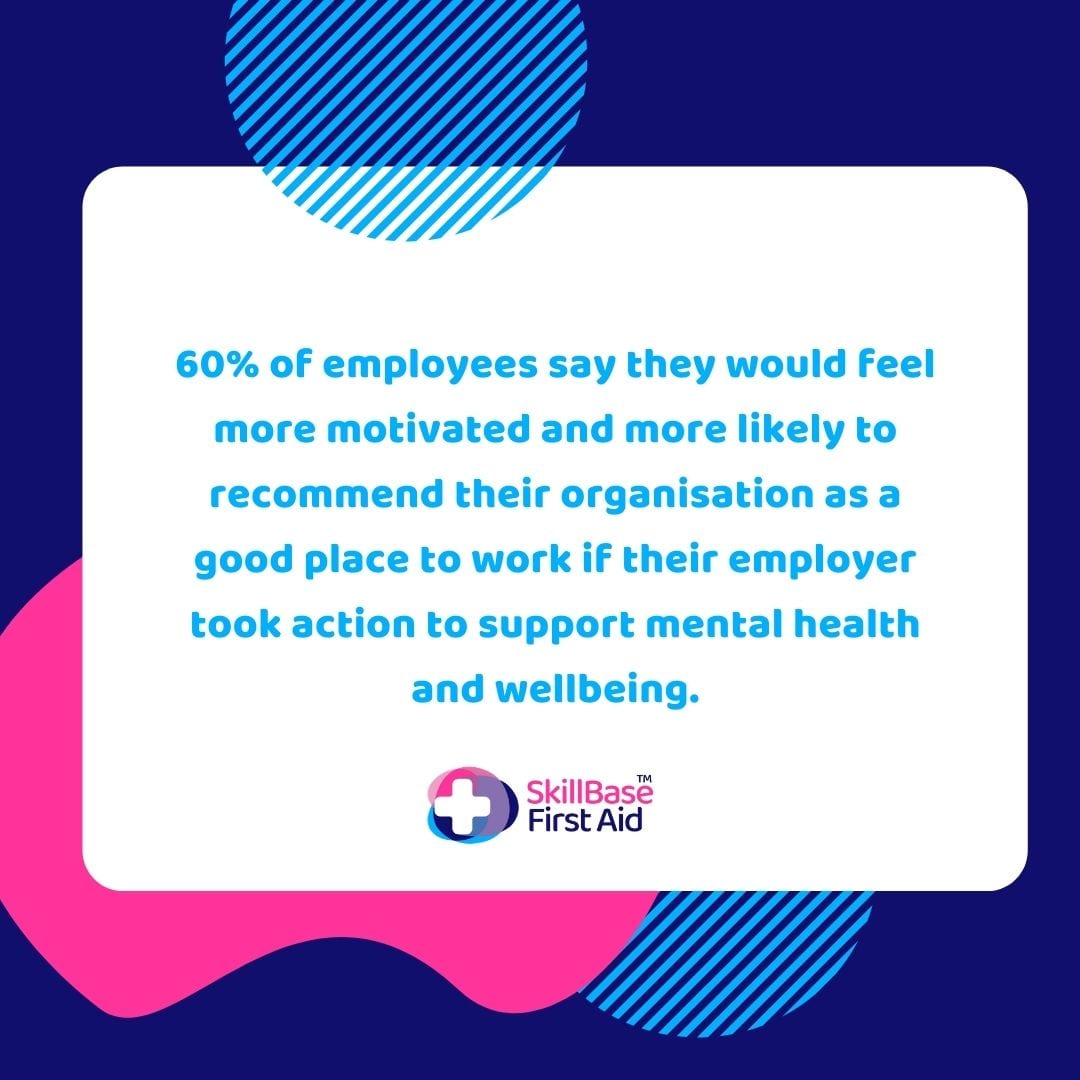
Book a complimentary meeting with one of our Mental Health Training team where we look at your wellbeing strategy, training and further support for your workplace.

Fully accredited and certified
Our trainers are qualified via MHFA England who are accredited by the Royal Society for Public Health.
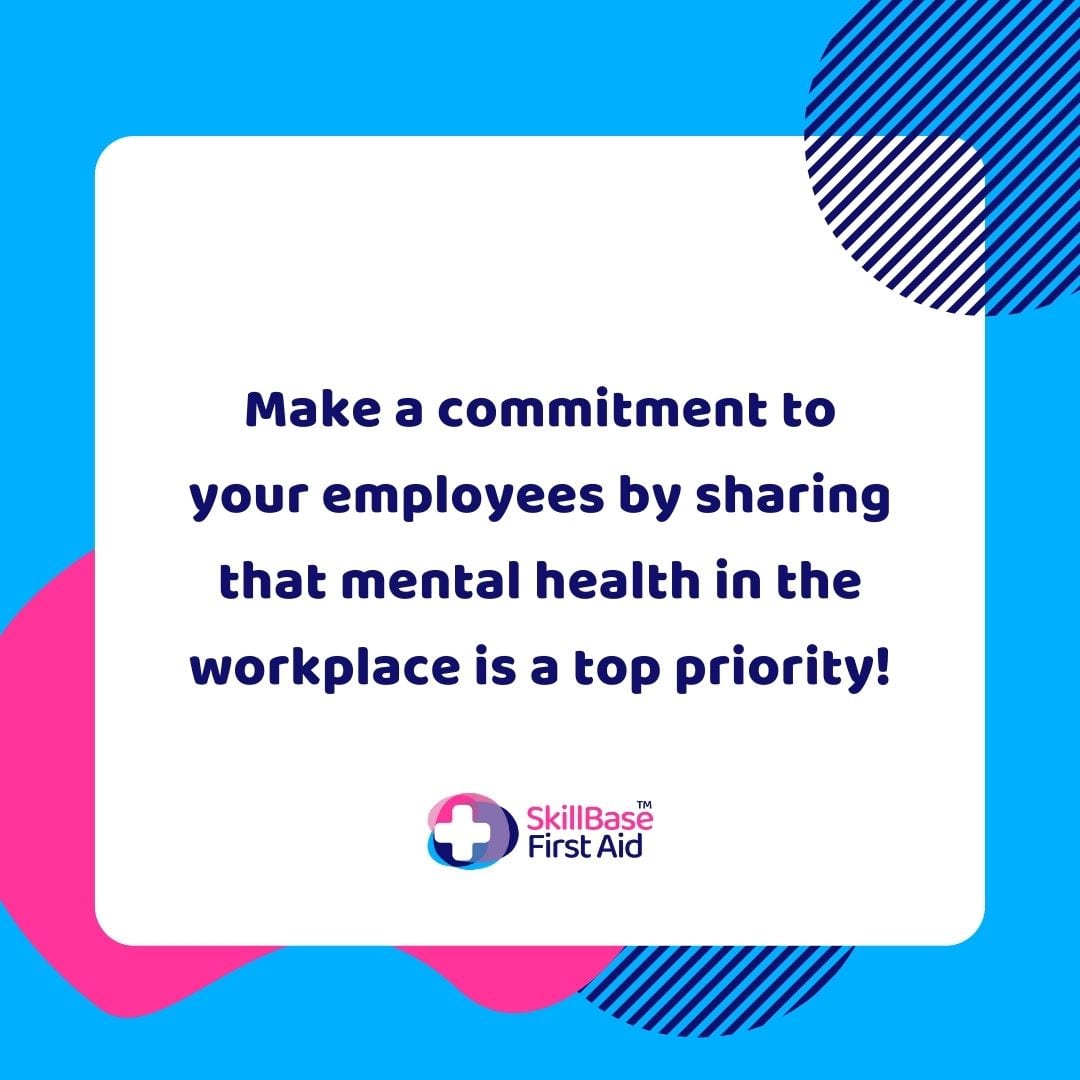
A great place to start!
Creating a safe space, time away from the desk and interaction between employees with a mental health awareness talk is a fantastic way to show your employees you are forward-thinking, compassionate and aware.
Where are these sessions delivered?
All presentations can be delivered in-house at your place of business, off-site in a pre-arranged meeting space of your choosing, or online.
How long will it take?
Our presentations usually last 1.5 hours depending on what content you would like to be covered.
Who should attend?
Presentations are for all employees, however, we can also tailor them to specifically benefit HR and line managers to support their staff alongside their own mental health wellbeing.
How much does it cost?
Prices start at just £396 for up to 50 delegates for classroom-based or up to 100 online.
Book your FREE CONSULTATION with our dedicated Mental Health Training Team:
Just so you know... we hate SPAM as much as you do! We'll send you this information & a short series of follow-up emails with useful info too. You can opt-out of our emails at anytime.
Any questions? No worries! We're on 0330 335 1234 if you need us.
More about Mental Health First Aid (MHFA) Training Courses

‘Me, My Colleagues & Our Mental Health’ – Live Webinar for World Mental Health Day 2023
Join us for our live 45 min webinar on Tuesday 10th October at 12:00-12:45 for World Mental Health Day 2023! Book my FREE place today! > What is the webinar about? We will look at mental health at work as a whole, thinking […]
World Mental Health Day
Get ready for World Mental Health Day on 10 October, as we call on everyone to open up to mental health, to talk and to listen! World Mental Health Day was first observed on the 10th of October 1992 as an annual activity of the World Federation for Mental Health […]
What should my company do for World Mental Health Day?
8 things to try in the workplace after world mental health day.
World Mental Health Day was first observed on 10 October 1992 as an annual activity of the World Federation for Mental Health aimed at promoting mental health advocacy and educating the public on relevant issues. Celebrated on the 10th of October, it provides an opportunity to place the spotlight on the […]
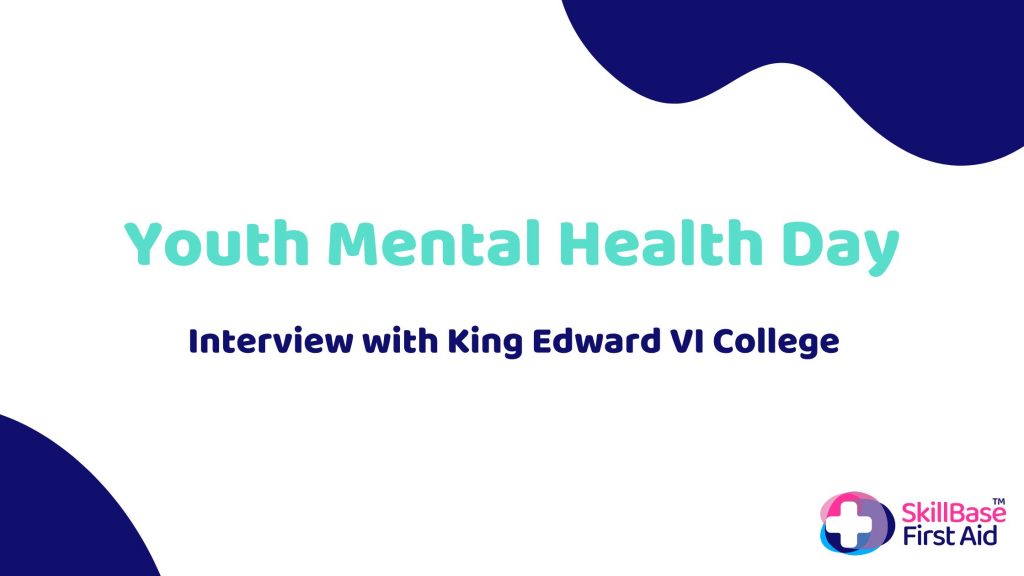
Youth Mental Health Day – Interview with King Edward VI College
Youth Mental Health Day is a great opportunity to raise further awareness of young people and their mental health. We recently had the pleasure of talking to Adam Craddock-Wright, Teacher of Psychology at King Edward VI College (KE6) in Nuneaton about the new roll-out of Fundamental Wellbeing First Aid training. […]
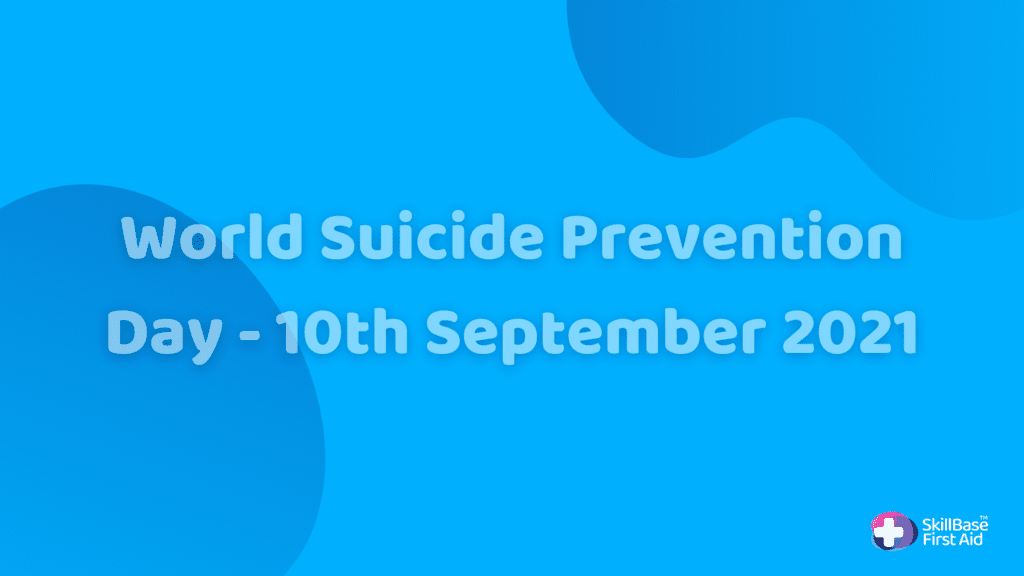
World Suicide Prevention Day – 10th September
What is World Suicide Prevention Day? World Suicide Prevention Day (WSPD) was established in 2003 in conjunction with the World Health Organisation (WHO) aimed at reaching national organisations, governments and the general public, giving a singular message that suicide can be prevented. WSPD continues to grow year on year, with recent […]
You're in good company.
Big to these lovely folk who trust us with their first aid training too.

Let's talk!
We're on a mission to fill the UK with heroes-on-standby. First Aiders trained in a way that gives them confidence, not just competence.
There's lots to do. Lets get started.
Here's how you can get in touch with us. We should probably warn you that we sometimes get quite excited when talking about first aid training. It's our favourite thing.
Call our team
0330 335 1234, chat with us on messenger., send us a message..
Got any suggestions?
We want to hear from you! Send us a message and help improve Slidesgo
Top searches
Trending searches

solar eclipse
25 templates

55 templates
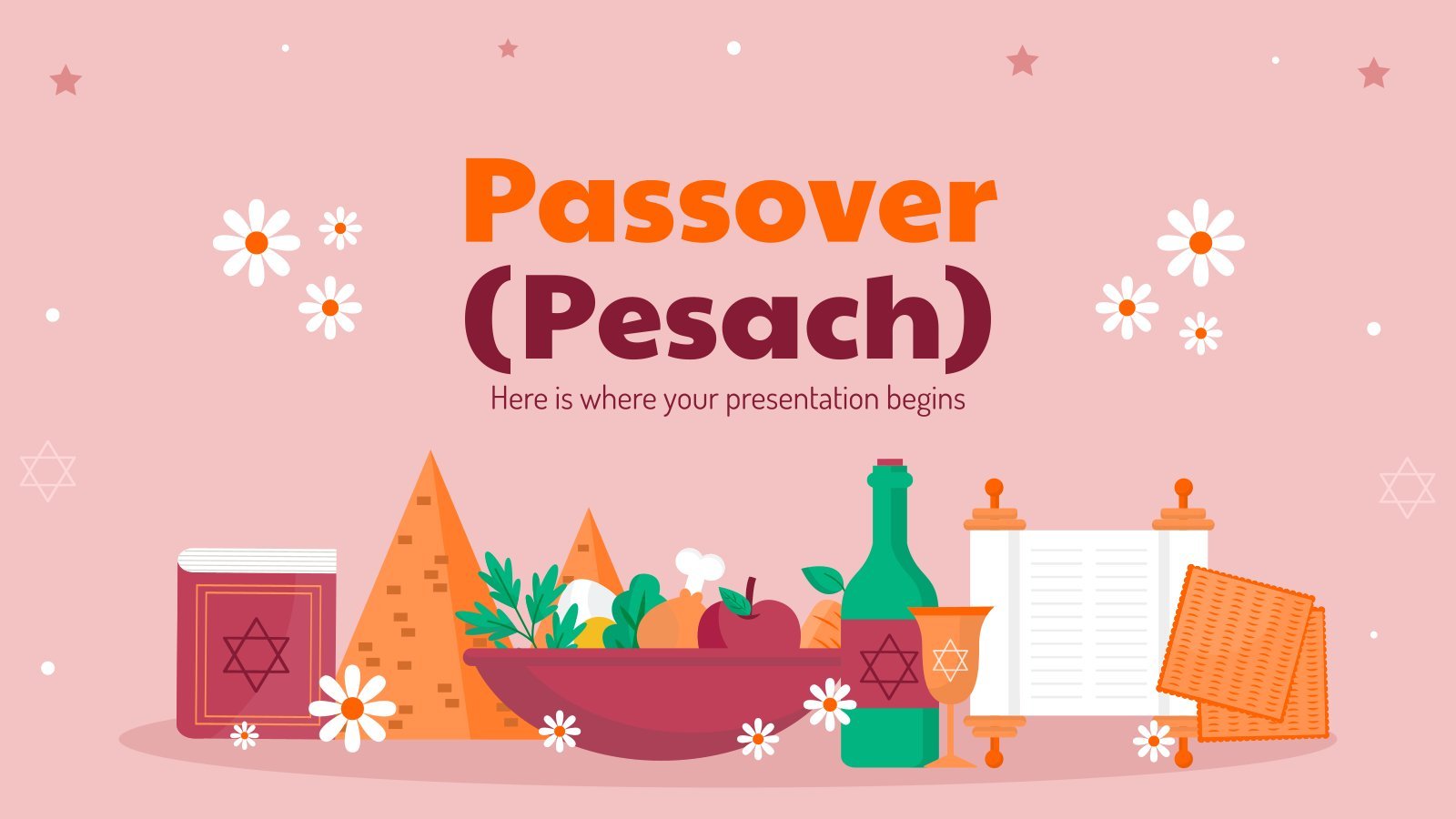
8 templates

44 templates

22 templates
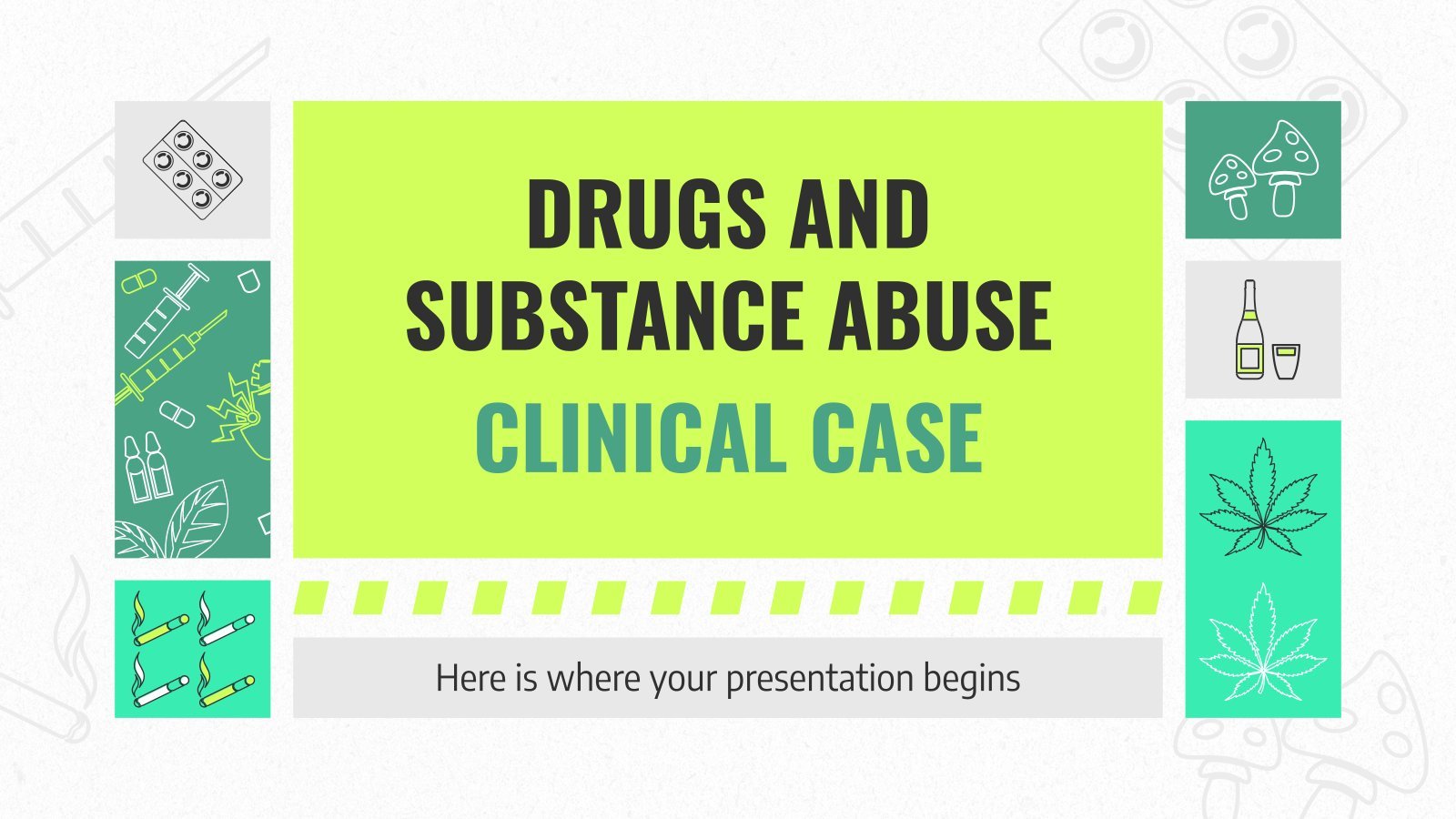
Mental Health Awareness Week
Mental health awareness week presentation, free google slides theme and powerpoint template.
During Mental Health Awareness Week, let us remember that mental health is just as important as physical health. We all face challenges and struggles, but it's essential to prioritize self-care and seek support when needed. Present an inspirational presentation about mental health for its Mental Health Awareness Week and build a safe space of understanding and compassion. The design of the template is very cute and the illustrations are perfect for expressing these sensitive messages. Make everyone feel valued, heard and supported with a nurturing presentation.
Features of this template
- 100% editable and easy to modify
- 35 different slides to impress your audience
- Contains easy-to-edit graphics such as graphs, maps, tables, timelines and mockups
- Includes 500+ icons and Flaticon’s extension for customizing your slides
- Designed to be used in Google Slides and Microsoft PowerPoint
- 16:9 widescreen format suitable for all types of screens
- Includes information about fonts, colors, and credits of the resources used
How can I use the template?
Am I free to use the templates?
How to attribute?
Attribution required If you are a free user, you must attribute Slidesgo by keeping the slide where the credits appear. How to attribute?
Related posts on our blog.

How to Add, Duplicate, Move, Delete or Hide Slides in Google Slides

How to Change Layouts in PowerPoint

How to Change the Slide Size in Google Slides
Related presentations.

Premium template
Unlock this template and gain unlimited access

Register for free and start editing online
Section Title Introduction to Mental Health Awareness presentation

Section Title Introduction to Mental Health Awareness presentation Presentation slides adapted from Minds Blue Light – MH Awareness

As a group we will • • • Listen to those around us Be non-judgmental Share if we feel comfortable to do so Be aware of your own mental health throughout Take a break if you need to do so Make a safe learning environment to make people feel able to be as honest as they would like to be.

Mental health quiz 1. How many people in the UK will experience a mental health problem every year? 1 in 4, 1 in 8, 1 in 2. 2. What proportion of people with mental health problems believe that workplace stress contributed to their illness? 1 in 5, 1 in 3, 2 in 3. 3. Which country’s Prime Minister was re-elected in 2001 after publicly taking time off for depression? Mexico, Norway, Poland

Definitions of mental health “Good mental health means being generally able to think, feel and react in the ways that you need and want to live your life. But if you go through a period of poor mental health you might find the ways you're frequently thinking, feeling or reacting become difficult, or even impossible, to cope with. This can feel just as bad as a physical illness, or even worse. ” Mind

Definitions of mental health Mental wellbeing describes your mental state - how you are feeling and how well you can cope with day-to-day life. Our mental wellbeing is dynamic. It can change from moment to moment, day to day, month to month or year to year. ’ Mind

What does good mental health look like? If you have good mental wellbeing, you are able to: • Recognise the good in yourself, such as your positive attributes and achievements you have made. • Feel and express a range of emotions. • Feel engaged with the world around you. • Live and work productively. • Cope with the stresses of daily life and manage times of change and uncertainty.

Mental health Continuum

Types of mental health problems • • • Anxiety Depression Eating problems Schizophrenia Phobias Obsessive Compulsive Disorder Bipolar disorder Personality disorders PTSD

Suicidal feelings • Suicidal feelings can range from being preoccupied by abstract thoughts about ending your life, or feeling that people would be better off without you, to thinking about methods of suicide, or making clear plans to take your own life. • If you are feeling suicidal, you might be scared or confused by these feelings. But you are not alone. Many people think about suicide at some point in their lifetime

How can I help someone experiencing suicidal feelings? • • • Try not to judge Talk to the person about how they feel Encourage them to get help Ask them how you can help Help them stay safe Look out for warning signs

What is Stress ? “Stress is the adverse reaction people have to excessive pressure or other types of demand placed on them” Health and Safety Executive

Stress versus good pressure

What are mental health problems? • • Mental health problems can affect any of us irrespective of age, personality or background. They include a wide range of experiences and can affect the way people think, feel or behave. They can appear as a result of experiences in both our personal and working lives – or they can come about without any easily identifiable cause. Some problems may be mild or moderate while others may take on a more severe form, affecting a person’s ability to cope with day-to-day living.

Psychosis is when you perceive or interpret reality in a very different way from people around you. Can take the form of: • Hallucinations • Delusions • Disorganised thinking and speech

How can I help myself or someone else? • Self-care • Treatment options • Recovery • Peer support

Managing conversations

Being there for your colleague Champions @ sharing their stories - video

How might you start the conversation? • • Show your support Ask how you can help Be open-minded Don’t just talk about mental health Show trust and respect Look after yourself Be patient

Signposting • Your Employee Assistance Programme • Information that’s available from unions and other membership bodies • Disability Support Groups • External organisations that offer mental health support, such as your local Mind • Information around how to access counselling or therapy in your local area • Local and national helplines • Online peer support resources e. g. Elefriends www. elefriends. org. uk • Samaritans: free phone 116 123 (UK) or email jo@samaritans. org • Mind website: http: //www. mind. org. uk/ • Rethink – Mental Illness website: https: //www. rethink. org/ • Create your own signposting list

Mental wellbeing is just as important as physical wellbeing, and you need to maintain both in order to stay fit and healthy

How you can look after your wellbeing https: //www. flickr. com/photos/sachac/

How you can look after your wellbeing • Talk about the way you feel • Identify your triggers • Do something you enjoy • Take time to relax • Make a plan to stay well – Wellness Action Plan • Think about what helps you if you start feeling overwhelmed • Be kind to yourself – we are all human!


IMAGES
VIDEO
COMMENTS
The presentation can help to: Improve awareness of mental health, including what good mental health looks like, basic understanding of mental health problems and give an introduction to the mental health continuum. Introduce the concept of mental health at work and how the mental health of emergency services personnel can be affected.
This guide walks you through the Raising Mental Health Awareness - Educate Yourself and Educate Others presentation slides. It covers key points to make for each slide, suggested transitions from one slide to the next and discussion prompt options you can choose from to engage students throughout the presentation.
M ental Health Awareness Month brings attention to the widespread issue of mental illness that affects millions of people across America.. Every year, local communities organize events and activities that bring the conversation about mental health into public view.. The origins of Mental Health Awareness Month date back to 1949 when Mental Health America (then known as the National Association ...
Mental health statistics. About 1 in 5 Americans will experience a diagnosable mental disorder in any given year1. Suicide is the 10th leading cause of death in the U.S.2. Suicide is the second cause of death for people between the ages of 10 and 34. The fourth leading cause of death for people aged 35 to 54.
An introduction to mental health and mental illness Mental health concerns everyone. It affects our ability to cope with and manage change, life events and transitions such as bereavement or retirement. All human beings have mental health need s, no matter what the state of their psyche. Mental health needs can be met in a variety of settings ...
intro MHA 1 - View presentation slides online. This document provides an introduction and overview of mental health awareness. It includes definitions of mental health, types of mental health problems like anxiety and depression, how to help someone experiencing suicidal feelings, what stress is, and how to manage conversations about mental health.
Mental health includes our emotional, psychological, and social well-being. It affects how we think, feel, and act. It also helps determine how we handle stress, relate to others, and make healthy choices. 1 Mental health is important at every stage of life, from childhood and adolescence through adulthood.
Mental health refers to our emotional and social well-being and impacts how we think, feel, and behave. It plays a role in connecting with others, making decisions, handling stress, and many other aspects of daily life. Everyone has mental health, and it deserves your attention just as much as your physical health does.
Mental health and wellness; Language and marginalized groups; Stress and taking care of ourselves; Helping other students (how to respond and refer to students to campus and community resources) This is foundational training in mental health. It doesn't cover suicide awareness, which requires more in-depth training.
Mental Health: • The ability to enjoy life and deal with challenges you face everyday: making choices and decisions, adapting to and coping or expressing needs or desires. Mental Illness: • A disturbance in thoughts and emotions that decrease a person's capacity to cope with challenges. Mental Health and Mental Illness What does it mean?
8. 8. Introduction This guidebook was created with the intention to help organise events on mental health awareness. We address local coordinators and volunteers of the "Mind the Mind - To combat the Stigma of Mental Illness" in particular. It can also serve as a valuable resource to everyone who is interested in organising events on ...
It is an integral component of health and well-being that underpins our individual and collective abilities to make decisions, build relationships and shape the world we live in. Mental health is a basic human right. And it is crucial to personal, community and socio-economic development. Mental health is more than the absence of mental disorders.
Free Google Slides theme and PowerPoint template. Taking care of our mental health and everyone else's should be a must! Sometimes, what happens is that we are not aware that someone is not having a good time (or even ourselves). For this reason, having tools to detect behaviors that may indicate poor mental health and being aware that it is a ...
Download the Health, Wellness, and Lifestyle Choices - Spanish - 10th Grade presentation for PowerPoint or Google Slides. High school students are approaching adulthood, and therefore, this template's design reflects the mature nature of their education. Customize the well-defined sections, integrate multimedia and interactive elements and ...
Free Google Slides theme and PowerPoint template. Wouldn't it be nice if you shared on social media some kind of content that raises awareness of the importance of mental health? Get this new template and give a slideshow about this topic. The best thing is that we've decided to use elements that cheer up and convey a sense of happiness, like ...
Introduction to mental health. Mental health is about wellness. It can affect a person's confidence, self-esteem and overall satisfaction with life. Mental ill health is common and will impact one in five Australians in any year. Mental health conditions can impact how a person thinks, feels and behaves, as well as their physical health.
Talks and presentations are bespoke to your workplace and vary in timings. Workplaces typically choose a 1-2 hour presentation as an introduction to Mental Health and Wellbeing in the workplace. These bitesize sessions can also be designed to support existing training in the workplace, for example, providing your Mental Health First Aider's ...
These mental health-themed PowerPoint templates can enhance your presentations by providing a visually appealing and cohesive design that aligns with the topic. The calming colors and thoughtful layouts will help create a professional and engaging atmosphere, allowing you to effectively communicate your message about mental health.
Free Google Slides theme and PowerPoint template. During Mental Health Awareness Week, let us remember that mental health is just as important as physical health. We all face challenges and struggles, but it's essential to prioritize self-care and seek support when needed. Present an inspirational presentation about mental health for its Mental ...
Slides: 24. Download presentation. Section Title Introduction to Mental Health Awareness presentation Presentation slides adapted from Minds Blue Light - MH Awareness. As a group we will • • • Listen to those around us Be non-judgmental Share if we feel comfortable to do so Be aware of your own mental health throughout Take a break if ...